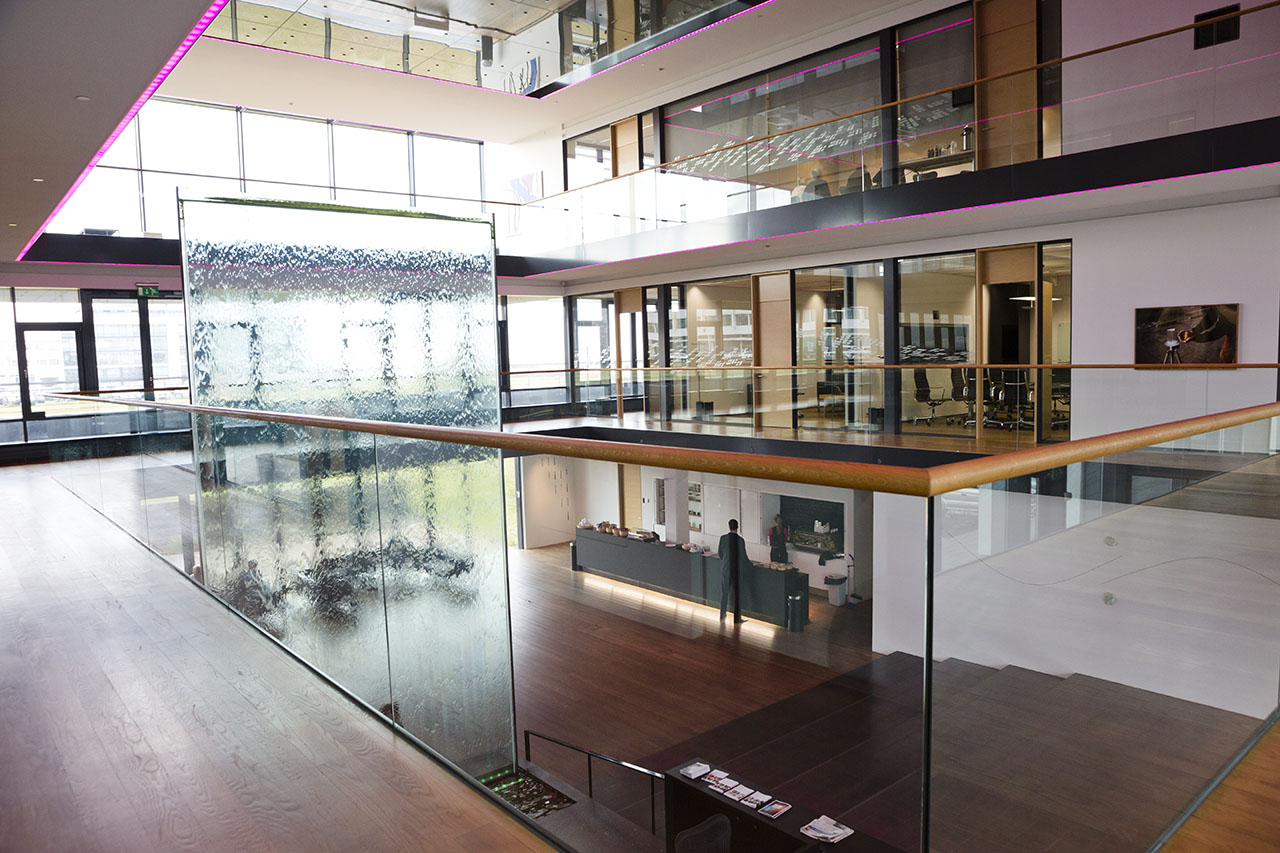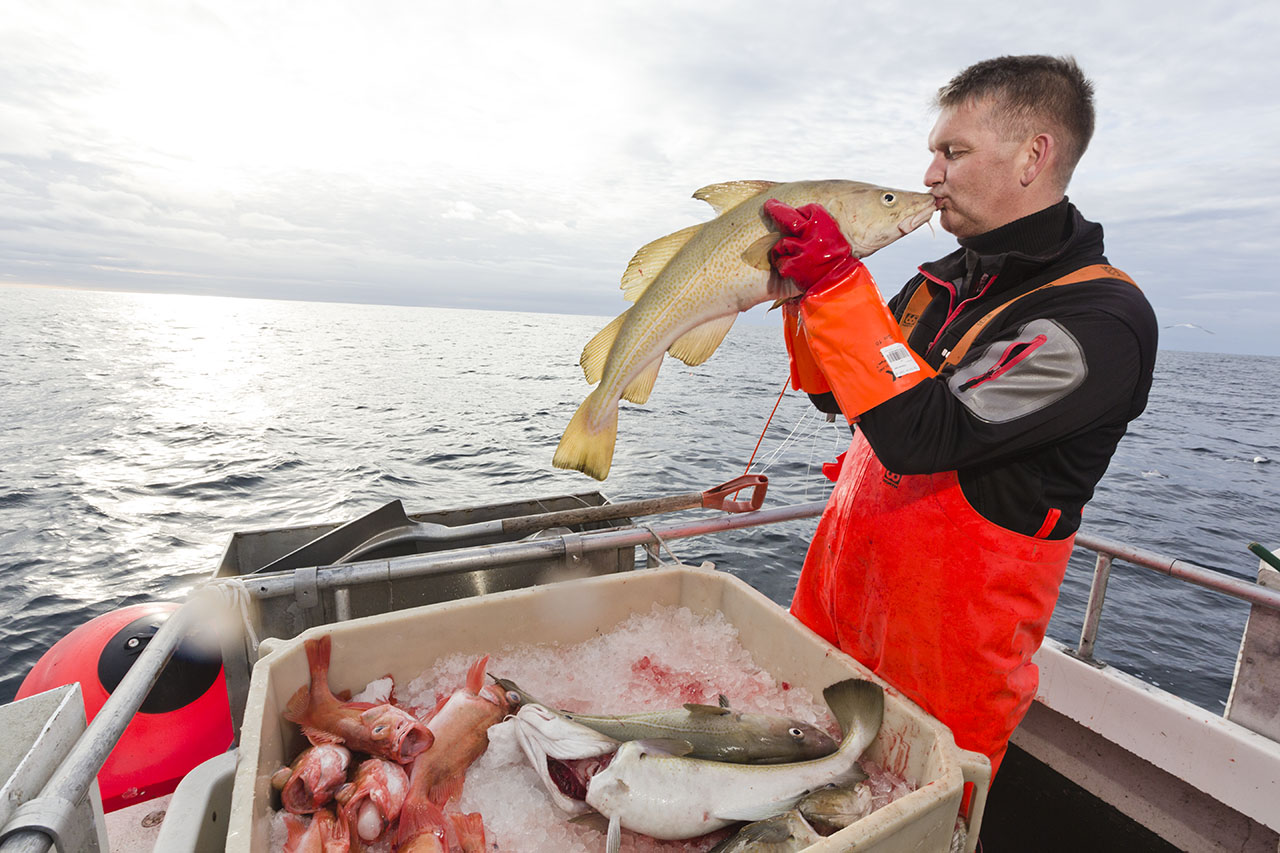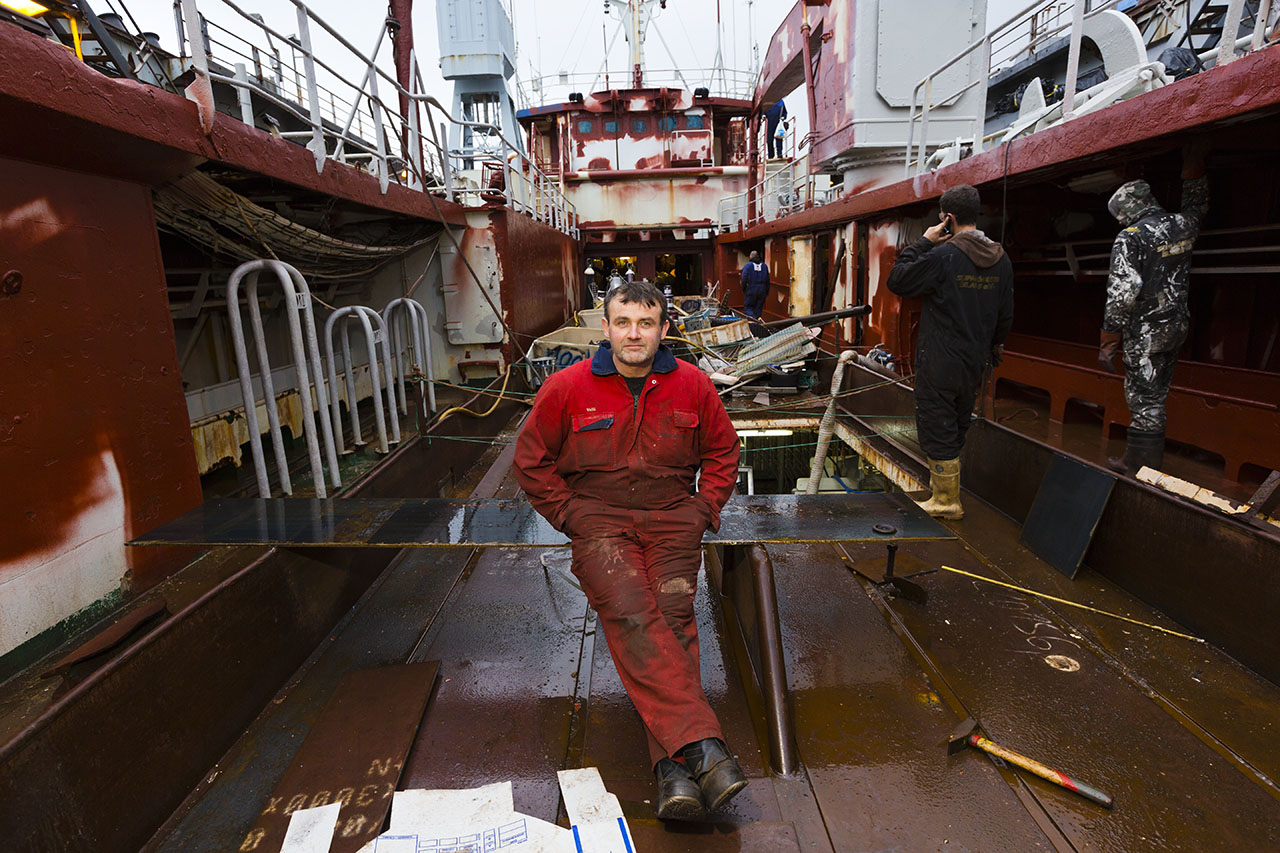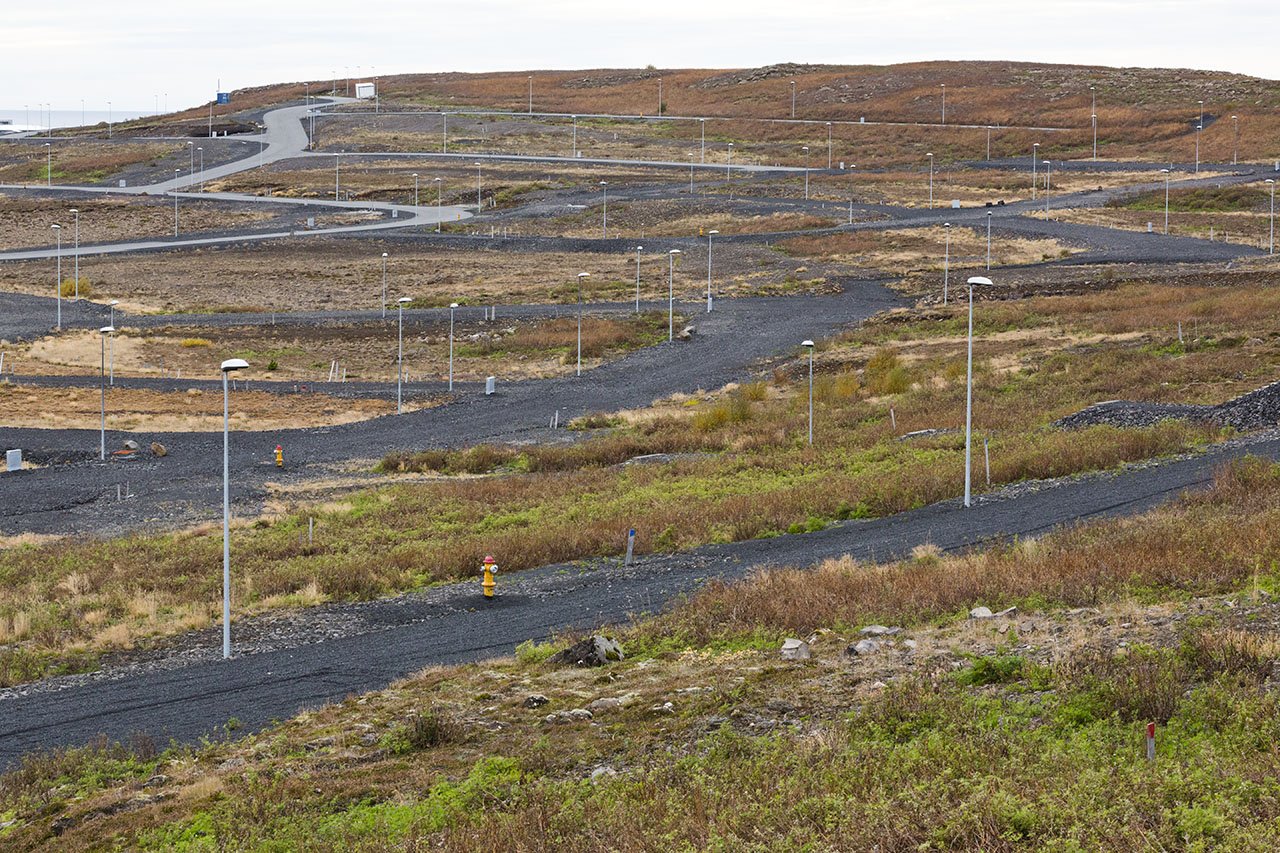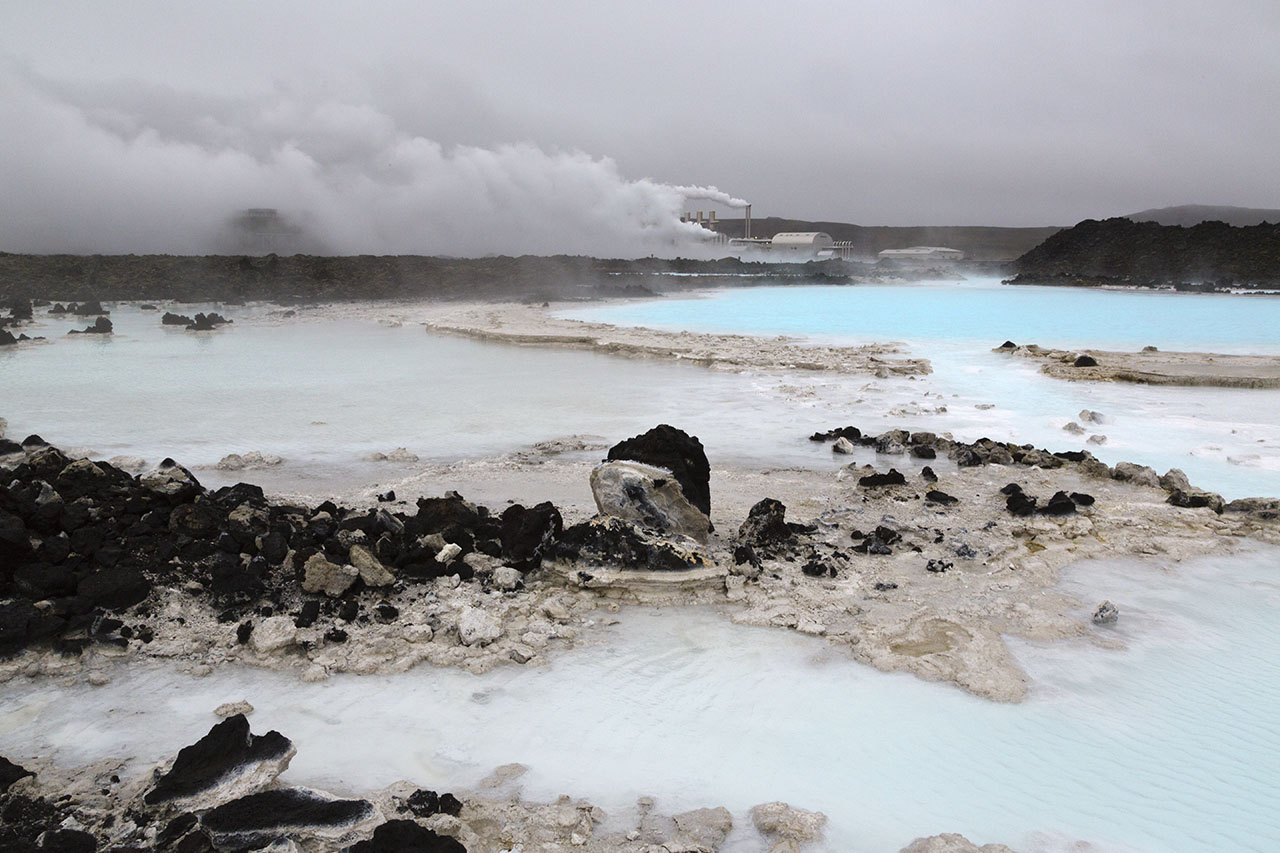Iceland’s Recovery
© Lauren GreenfieldJust four years after the country’s financial meltdown, a new Iceland has emerged that is recovering at a surprisingly fast rate. A change in moral character has accompanied the economic lift, expressed through a desire to return to Iceland’s cultural roots and historic identity. Although the overzealous attitude and excessive consumption that is referred to as “very 2007” still litters the landscape with paved roads leading to skeleton towns and abandoned buildings, Icelanders are revisiting the core values that have defined the country for decades: family, community, environmentalism, the great outdoors, entrepreneurship, and fish. With a devalued currency, fish is the new gold, offering twice its value. In fact, fish has always been the true savior of Icelandic culture and its traditional source of wealth.
During the economic boom, banking seemed like the only worthwhile occupation and Icelanders felt their spirit compromised, if not corrupted, in the gold rush for money. Icelanders left their roots for a faster, internationalist, and ostentatious identity that revolved around a singular interest: money and material acquisition. Fisherman, entrepreneurs, and musicians—all previously successful occupations for Icelanders—joined the throngs of inexperienced but highly prosperous bankers. With the collapse of Lehman Brothers and the subprime crisis, Iceland’s three major banks, which had grown to nine times the country’s entire economic output, found themselves deprived of liquidity. The stock market plunged. Inflation rose to around 20%, unemployment surged, and the Krona, Iceland’s currency, dropped 80%. Shortly after, a new government took control and with little choice, let the banks fail. Iceland experienced the worst banking collapse in economic history.
The silver lining was a kind of creative destruction that allowed Icelanders to start anew, learn from their mistakes, and recreate a society based on more communitarian values rather than individualistic greed. This was possible for them because, unlike Ireland, they were not part of the EU and were able to default on much of their international debt. Though it was a painful transition, they turned inward. They relied on themselves as a highly educated people with vast natural resources of energy and fish.
Today, Icelanders are shunning foreign designer clothes in favor of traditional knit woolens. The biggest importer of Range Rovers is now a salmon farmer. A musician from one of Iceland’s well known rock bands left the day job he hated and is back making music, while fishing to make money. He is losing his home but prefers to be “free” than work for the bank. The richest entrepreneur in the country has returned to Iceland to help grow its future, rather than make millions abroad. A farming magnate lost his fortune but has opened an environmentally friendly bike store. Many of his compatriots are spending more time with family and enjoying the outdoors. They have a long journey ahead but are knitting, exercising, and eating good fish with their families in the process.
click to view the complete set of images in the archive
